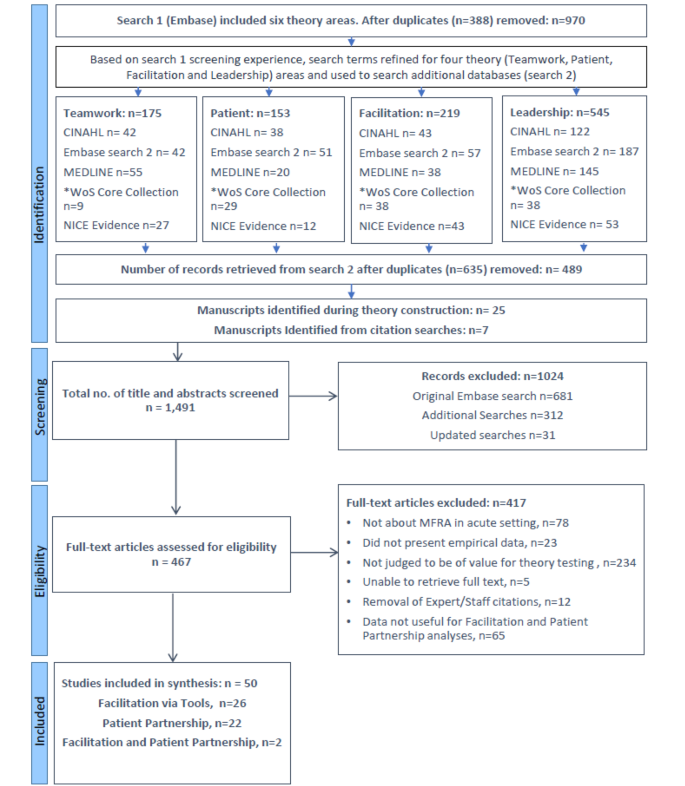6 Easy Facts About Dementia Fall Risk Described
Table of ContentsThe Ultimate Guide To Dementia Fall Risk5 Easy Facts About Dementia Fall Risk ShownAll about Dementia Fall RiskFascination About Dementia Fall RiskHow Dementia Fall Risk can Save You Time, Stress, and Money.
Assessing autumn threat aids the whole health care group create a more secure setting for each person. Make sure that there is a marked area in your clinical charting system where team can document/reference scores and record pertinent notes associated to fall prevention. The Johns Hopkins Loss Danger Assessment Device is just one of numerous tools your staff can use to assist prevent negative clinical occasions.Person falls in health centers prevail and debilitating unfavorable events that persist despite decades of initiative to minimize them. Improving interaction throughout the analyzing nurse, treatment group, client, and client's most involved loved ones may strengthen loss prevention efforts. A group at Brigham and Women's Health center in Boston, Massachusetts, sought to develop a standard autumn avoidance program that focused around improved interaction and person and family engagement.

The technology team emphasized that successful execution relies on person and staff buy-in, combination of the program into existing workflows, and integrity to program procedures. The group noted that they are facing just how to ensure connection in program application throughout periods of crisis. Throughout the COVID-19 pandemic, for instance, an increase in inpatient drops was related to restrictions in client involvement in addition to constraints on visitation.
Not known Facts About Dementia Fall Risk
These cases are commonly considered avoidable. To implement the intervention, companies need the following: Access to Autumn ideas resources Fall ideas training and retraining for nursing and non-nursing staff, including brand-new registered nurses Nursing process that permit patient and family members involvement to perform the falls analysis, make certain usage of the prevention strategy, and perform patient-level audits.
The results can be very detrimental, usually speeding up person decline and triggering longer healthcare facility remains. One research study estimated keeps increased an extra 12 in-patient days after a person autumn. The Autumn TIPS Program is based upon appealing individuals and their family/loved ones throughout 3 main procedures: analysis, personalized preventative interventions, and bookkeeping to ensure that people are engaged in the three-step autumn avoidance process.
The client evaluation is based on the Morse Autumn Range, which is a verified fall threat evaluation tool for in-patient hospital settings. The range consists of the 6 most common factors individuals in health centers fall: the person loss history, high-risk problems (including polypharmacy), use of IVs and other external gadgets, mental status, gait, and flexibility.
Each threat variable links with one or even more actionable evidence-based treatments. The registered nurse produces a plan that includes the treatments and is visible to the care group, individual, and family on a laminated poster or published visual aid. Nurses develop the plan while consulting with the individual and the person's family.
Some Known Details About Dementia Fall Risk
The poster acts as an interaction tool with other members of the person's care team. Dementia Fall Risk. The audit component of the program includes examining the person's expertise of their threat elements and avoidance plan at the system and medical facility degrees. Registered nurse champions carry out at the very least 5 individual meetings a month with clients and their families to examine for understanding of the loss prevention plan

An estimated 30% of these drops lead to injuries, which can range in extent. Unlike other negative occasions that call for a standardized professional reaction, autumn prevention depends highly on the demands of the patient. Including the input of individuals who recognize the patient ideal enables for greater modification. This strategy has actually proven to be a lot more efficient than loss prevention programs that are based largely on the production of a threat rating and/or are not customizable.
What Does Dementia Fall Risk Do?

Based on bookkeeping outcomes, one site had 86% compliance and 2 sites had more than 95% conformity. A cost-benefit analysis of the Autumn TIPS program in eight hospitals approximated that the program price $0.88 per client to carry out and resulted in cost savings of $8,500 per 1000 patient-days in straight prices connected to the prevention of 567 tips over 3 years and 8 months.
According to the innovation team, companies interested in executing the program must carry out a preparedness assessment and falls prevention spaces evaluation. 8 Additionally, companies must ensure the required facilities and process for implementation and establish an application plan. If one exists, the site company's Fall Prevention Task Force must be associated with preparation.
3 Simple Techniques For Dementia Fall Risk
To start, companies must make sure completion of training components by registered nurses and nursing assistants - Dementia Fall Risk. Medical facility personnel ought to assess, based on the demands of a hospital, whether to make use of a digital health record printout or paper variation of the autumn prevention strategy. Applying teams should hire and train registered nurse champions and establish procedures for auditing and sites coverage on autumn information
Personnel need to be entailed in the procedure of revamping the operations to involve patients and family members in the evaluation and prevention strategy process. Systems should remain in place to make sure that systems can understand why a loss occurred and remediate the reason. A lot more specifically, registered nurses ought to have networks to offer Continue continuous feedback to both staff and device leadership so they can readjust and improve loss prevention process and communicate systemic issues.